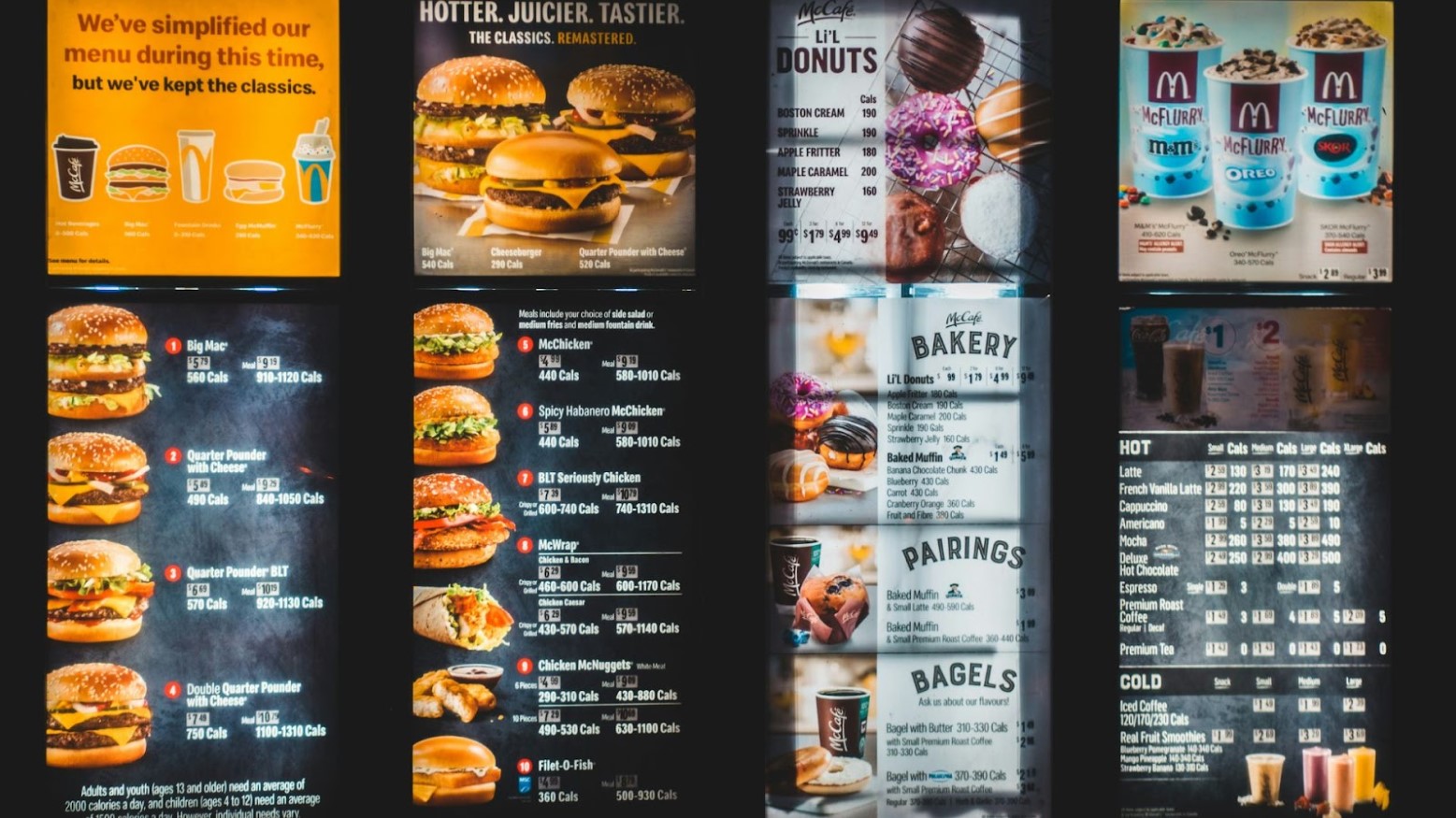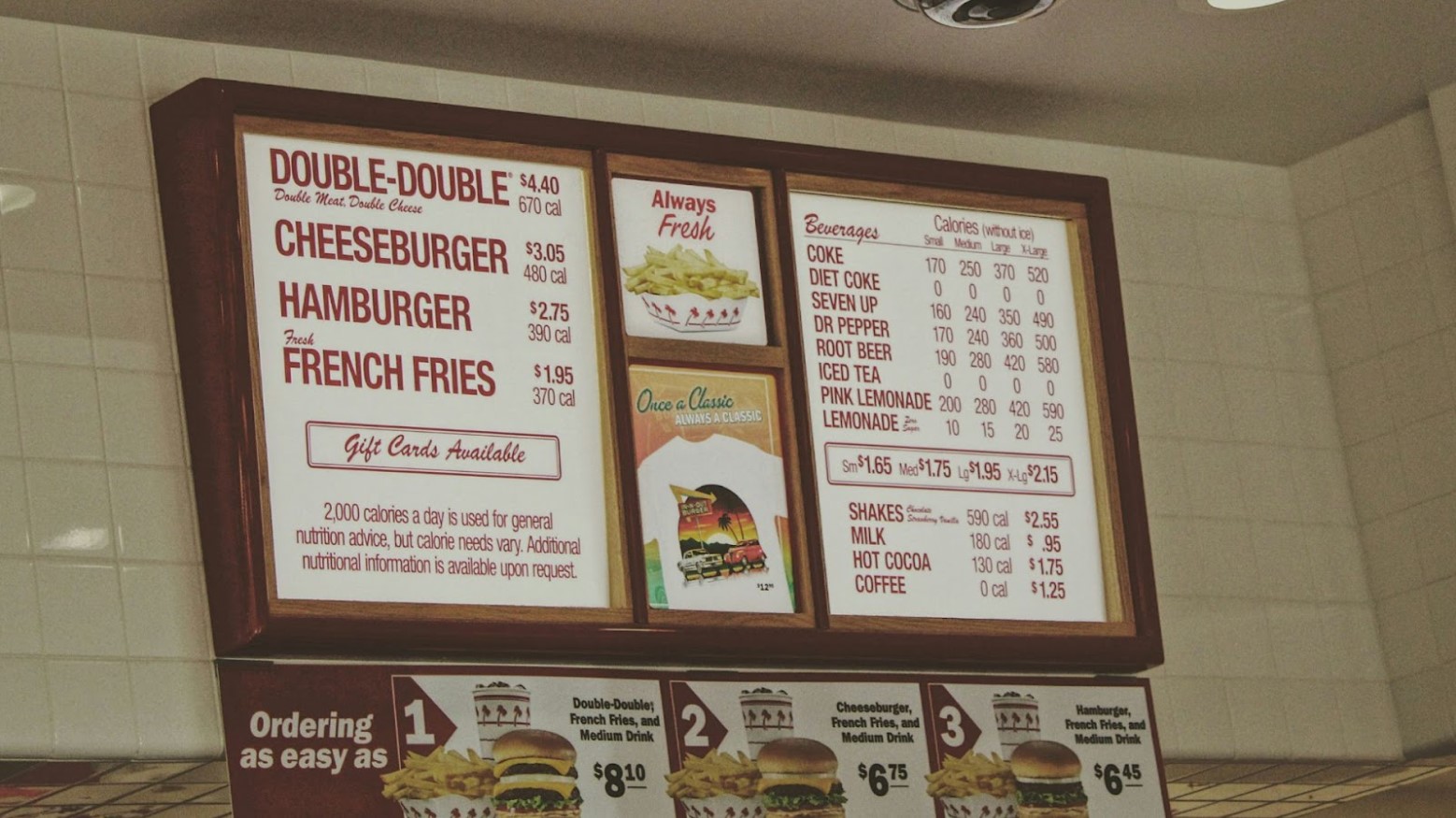A California restaurant owner has said that the state’s brand new minimum wage law will likely end up costing him $470,000. As a result, he is looking at ways to save money and cut costs as he works to keep profits coming in at his businesses.
This owner’s declaration is just the latest as many restaurant owners have stated that they’re struggling under the Golden State’s new fast food law.
California’s New Minimum Wage Law

On April 1, California’s new minimum wage law officially went into effect. Now, many fast food locations in the state have to pay their employees at least $20 an hour.
Not every restaurant is affected by this law. Only fast food establishments that have more than 60 locations nationwide must follow this new legislation.
Businesses Are Struggling

Before the law even went into effect, many business owners said they would struggle to make ends meet if they had to raise their employees’ wages to meet the new law.
This even led to some pizzerias quickly deciding to start laying off workers. Delivery drivers at these establishments were mainly cut, though analysts warn that more job losses could appear in the near future.
A Cost of $470,000

Franchise owner Alex Johnson is the latest California business owner to discuss openly how this new California minimum wage law has negatively impacted his fast-food restaurants.
According to Johnson, this new law is costing his businesses about $470,000 in total.
The Cost of the New Law

Johnson owns 10 different fast food eatery locations in California. In San Francisco, he owns five Auntie Anne’s and five Cinnabons.
Johnson explained that the cost of this new law would impact all ten of his businesses, saying, “Across my 10 locations, the increase in the wage rate is going to cost me $470,000. So, just about $50,000 per location.”
Plans To Cut Costs

Johnson opened up about how he plans to try to cut costs in various different areas to make up for this loss of $470,000. While he has explained that he’ll look at every option, he’s already made moves to raise the cost of menu price items at his locations to increase profits.
However, he’s also stated that he may have to cut jobs to further stop this massive loss from taking place.
Raising Prices Again

Johnson has noted that he’s aware that consumers may be sick and tired of menu prices being raised yet again.
He said, “I think immediately what we’re doing though, is raising prices, something that I really don’t want to do, you know, we’ve had to raise prices several times over the past couple of years because of the COVID-induced inflation.”
A Decline at Fast Food Restaurants

Analysts have warned that a further increase in prices could finally lead to consumers refusing to spend their money at pricey fast food establishments.
According to Johnson, he’s already seen this. He’s noticed that his locations have seen a decrease in customer traffic and sales.
Looking at Other States for Business

Instead of figuring out how to survive in California under this new law, Johnson has decided that it’s not worth it to expand his businesses any further in the state.
As a result, he’s decided that it’s time to branch out in business elsewhere. So, he’s chosen to expand his reach in other states, such as Nevada, a next-door state to California.
Finding Friendlier States

Many business owners have left California in recent years, citing their quest to make money in more business-friendly states that have fewer regulations and laws they have to deal with. Johnson also stated this when explaining why he decided to expand to another state.
He said, “I’m not growing anymore in this state. I’m not expanding any new locations. I’m doing a different franchise in Nevada and that’s where I’m taking those new jobs versus California.”
Menu Prices May Continue to Rise

Some experts have warned that fast food restaurants may continue to raise their menu prices, thanks to this new California minimum wage law.
Already, data has shown that some McDonald’s locations have increased their menu prices. Various franchise locations have chosen to deal with this in different ways, which has led to fluctuating prices throughout many fast food establishments in the state.
The Fight for Better Wages

Supporters of this law claim that fast food workers should be paid a living wage, especially as the state’s cost of living skyrockets. However, detractors have pushed that this law only hurts businesses.
The law remains controversial and heavily fought over by these supporters and detractors. As the effects of this law continue to impact fast food places in the coming months, this fight may only continue.
